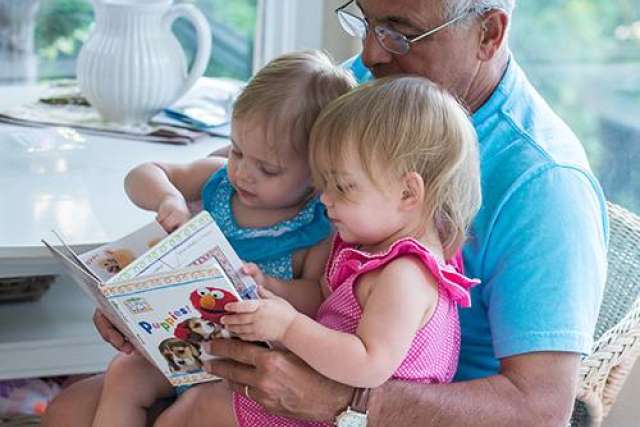Parents have many questions about the dos and don’ts of keeping their kids healthy and safe during the COVID-19 pandemic. Dr. Karin Nielsen, a pediatrician and professor in the Division of Pediatric Infectious Diseases at the David Geffen School of Medicine at UCLA, offers insight into how COVID-19 affects children and what parents can do to protect their families from exposure to the virus.
Are children at risk for contracting COVID-19?
Most children who contract COVID-19 have mild or no clinical symptoms. While children can become infected and test positive for the virus, most do not become ill. Based on studies coming from China, it does seem that very young children under one year of age are more vulnerable to the virus and can have more symptoms than older children.
Can a child who is infected but shows no symptoms still transmit the virus?
Many children who have the virus show no symptoms, which means they can be silent carriers. Children who don’t show symptoms can’t efficiently transmit the virus, but it is important to remember that young children, in particular, tend to put everything in their mouths, so there still is potential for the virus to spread.
Another important point is that because children frequently have no symptoms, they are less likely to be tested, so infections in children may be underreported.
Is it safe to take your child to a doctor’s office or hospital?
I wouldn’t recommend bringing a child to a hospital, and particularly to an ER, at this time unless there’s a serious medical need. If your child is not seriously ill, you should call your pediatrician’s office first to see if a medical evaluation can be performed via telemedicine or over the phone. It always is better to call your doctor’s office first to confirm appointments and the need for a medical visit. Children with an acute problem that requires medical attention should definitely be evaluated.
Do you recommend that children stay away from people who are over 65 or from individuals who are immunocompromised?
Because children can be silent carriers of the virus, it is advisable for individuals who are immunosuppressed or over 65 years of age — those who are most at risk of developing more serious disease — to avoid contact with children, particularly young children, during the COVID-19 epidemic.




